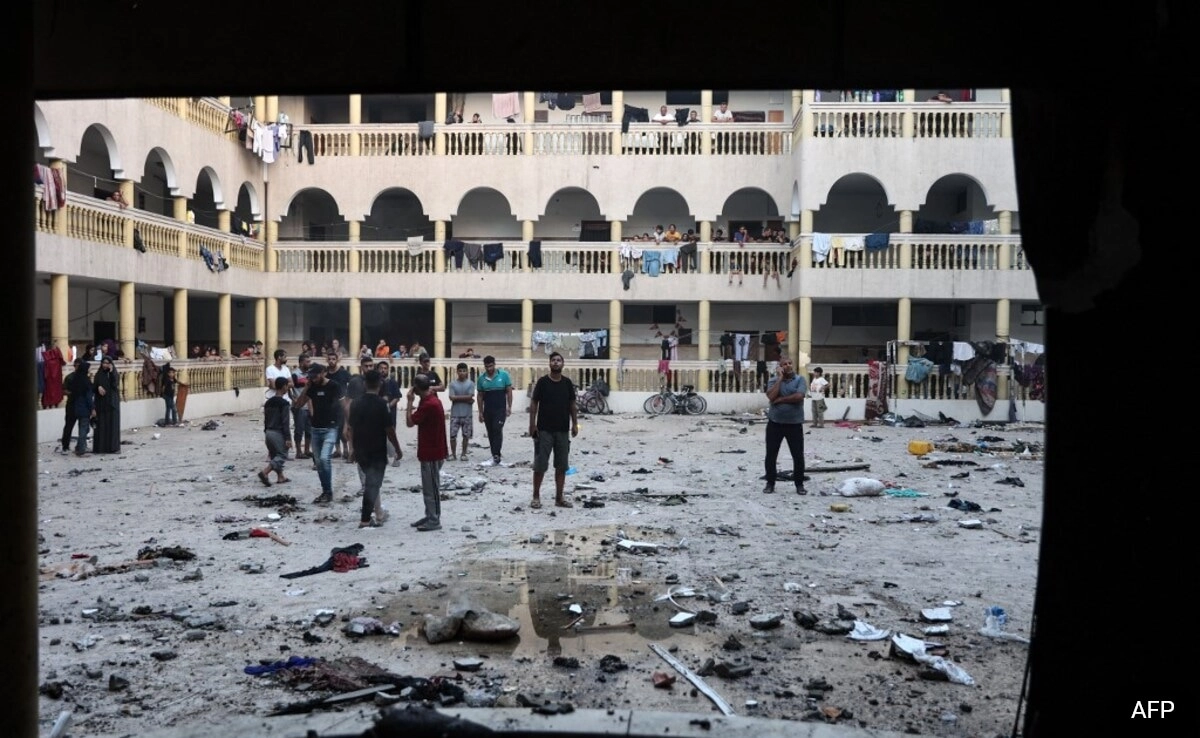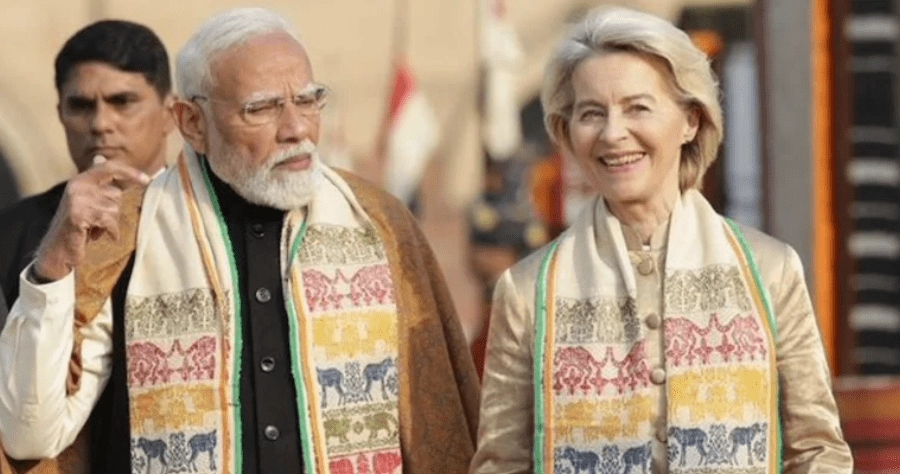The recent revelations about the United States’ covert operations in Pakistan have sparked a significant debate about the complex dynamics of international relations and the ethical implications of such actions. Given the historical context of U.S.-Pakistan relations, these operations should not come as a surprise to anyone familiar with the geopolitical landscape. The United States has long been involved in clandestine activities around the globe, often justified by national security interests or counterterrorism efforts. In Pakistan, a country that has been a crucial ally in the U.S. fight against terrorism, the stakes have always been high, leading to a delicate balance of cooperation and suspicion between the two nations.
Covert operations can range from intelligence gathering to more direct interventions, and in Pakistan’s case, they often target militant groups that threaten both regional stability and U.S. interests. The intricate web of alliances and enmities in South Asia complicates these operations further. Pakistan’s strategic position, bordering Afghanistan and India, makes it a focal point for U.S. military and intelligence efforts. However, these operations also evoke strong nationalist sentiments within Pakistan, leading to public outcry and political backlash against perceived foreign intrusion. The duality of cooperation and resentment illustrates the complex nature of U.S.-Pakistan relations, where collaboration on security matters coexists with deep-rooted mistrust.
Moreover, the ethical implications of such covert actions deserve scrutiny. The use of drones, surveillance, and other clandestine methods raises questions about sovereignty and the moral justification of bypassing traditional diplomatic channels. While proponents argue that these operations are necessary for maintaining security and combating terrorism, critics contend that they often lead to collateral damage and exacerbate anti-American sentiment. This dichotomy highlights the ongoing tension between national security objectives and respect for international law and human rights. As the world becomes increasingly interconnected, the ramifications of such operations extend beyond borders, impacting global perceptions of the United States and its role in international affairs.
In conclusion, the United States’ covert operations in Pakistan are emblematic of a broader trend in modern geopolitics where the lines between diplomacy, warfare, and intelligence gathering are often blurred. These operations, while strategic in nature, carry significant ethical and political weight that cannot be overlooked. As the international community continues to grapple with the challenges posed by terrorism and instability, it is essential to critically examine the methods employed to address these issues. The complexities of U.S.-Pakistan relations serve as a reminder that in the realm of international relations, actions often speak louder than words, and the consequences of covert operations can reverberate far beyond their immediate objectives.




